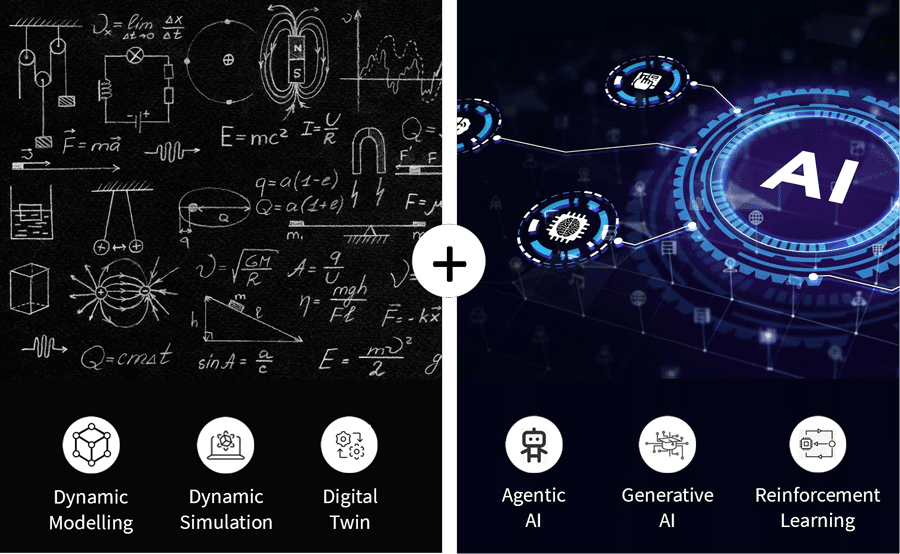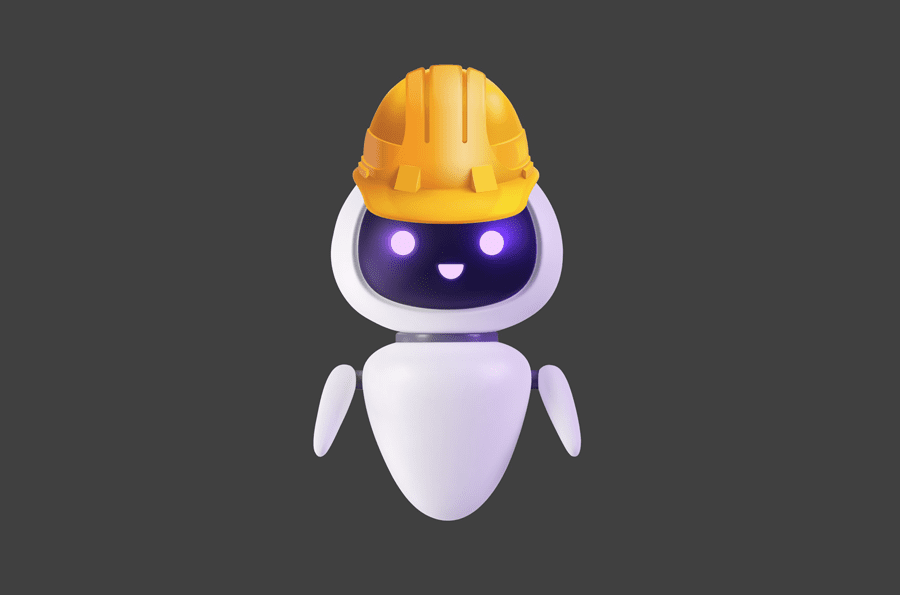In an industry historically slow to adopt technological disruption, artificial intelligence (AI) is making waves in well construction. The advent of autonomous AI agents promises to revolutionize drilling and engineering workflows, offering a fundamental shift far beyond the incremental improvements of traditional software solutions. At the forefront of this transformation is a new class of AI-driven digital workers – smart, proactive, and autonomous – designed to optimize and automate complex tasks in energy exploration and production.
Beyond Conventional AI: Enter Agentic AI
Unlike standard machine learning models that merely provide insights, autonomous AI agents are proactive entities capable of reasoning, making decisions, and executing actions with minimal human intervention. These AI agents are not just sophisticated tools; they are independent problem-solvers capable of learning and improving over time. By analyzing user behavior, recognizing patterns, and understanding intent, these agents optimize workflows, drive efficiency, and reduce human error.
Enterprise AI agents have the potential to redefine how drilling engineering teams operate. Traditional SaaS models often rely on incremental automation, but these AI-driven agents go further, offering proactive solutions before they are even requested. This capability enables organizations to achieve levels of efficiency and safety previously unattainable with conventional technologies.
AI-Powered Drilling: Meet Ida and Her Colleagues
The first of these pioneering AI agents, “conceived” over two years ago, is Ida, an AI drilling agent built to tackle the unique challenges of drilling operations. Much like a human drilling engineer, Ida’s objective is to optimize well construction by predicting and preventing hazards, automating repetitive tasks, and optimizing operational parameters. This allows human engineers to focus on higher-level strategic activities, rather than spending time on repetitive manual processes.
Nora, another AI agent in this ecosystem, specializes in well design and engineering. Using dynamic modelling, she autonomously designs, plans, and optimizes drilling operations to ensure efficiency and cost-effectiveness. By taking over the labor-intensive aspects of well design, Nora enables engineers to concentrate on decision-making rather than computational tasks.
Additionally, a newly launched Data Management AI agent, Marie, streamlines data organization and accessibility, freeing engineers from tedious administrative tasks. By interconnecting well construction data across platforms, this agent solves a long-standing problem in the energy industry: maximizing the value of vast, underutilized data reserves.
Looking ahead, AI agents tailored for Carbon Capture and Storage (CCS) and Geothermal Drilling are on the horizon. The high cost of applying traditional hydrocarbon-based technologies to these emerging fields underscores the need for AI-driven efficiencies. The anticipated cost advantages of these AI agents could make sustainable energy solutions more economically viable.

Redefining AI in Energy: More Than Just Large Language Models
A key distinction between these AI agents and conventional AI applications is their ability to reason and act autonomously. Unlike ChatGPT or GenAI tools that generate responses based on large datasets, these AI agents leverage hybrid methodologies. They combine dynamic modelling, digital twins, reinforcement learning, to ensure accuracy and contextual awareness.
This hybrid approach is particularly critical in high-stakes energy operations. Traditional machine learning applications, which rely solely on historical data, often fall short in terms of reliability and precision. By integrating physics-based modelling and AI-driven decision-making, these autonomous agents build trust with human operators and enhance operational safety.
The Democratization of AI in Energy
Despite decades of technological advancements, many innovative tools in the energy sector remain underutilized. For instance, dynamic simulation software has been available since the late 1990s but is still applied to only a small fraction of wells each year. Similarly, predictive AI has been around for over 15 years, yet few wells are drilled proactively, let alone autonomously.
The emergence of autonomous digital workers aims to change this status quo. By making AI agents accessible to energy companies as digital employees, organizations can supplement their human workforce with AI-driven expertise. Furthermore, the core building blocks of these agents will be available for industry-wide AI development, fostering a collaborative ecosystem of innovation.
Recognizing the importance of trust and gradual adoption, these AI agents are initially being introduced through internship and graduate programs. By embedding themselves into the operations of energy companies, these AI agents will rapidly gain industry-specific expertise at a pace far exceeding human trainees. This measured approach ensures that AI adoption is not limited to select high-profile projects but instead becomes a transformative force across the entire industry.
A New Era of Efficiency and Innovation
The rise of autonomous AI agents in well construction marks the beginning of a new era in the energy sector. By automating complex workflows, predicting operational risks, and optimizing decision-making, these AI-driven digital workers hold the potential to redefine how wells are designed, drilled, and managed.
As these AI agents continue to evolve, they promise to unlock unprecedented levels of efficiency, safety, and innovation. Whether in drilling, data management, or sustainable energy solutions, the impact of these AI-driven workers will be profound, ushering in a future where technology doesn’t just assist human engineers, but works alongside them as an indispensable partner in the energy industry’s transformation.
Toni Fadnes is a Norwegian technology and business executive, focusing on artificial intelligence and green technology. Currently, he is building AI agents for the energy industry, advocating decarbonization and democratization of technology.
Since joining Hitec, a technology pioneer in the oil and gas industry, out of university, Fadnes has, through various leadership positions, including at Microsoft, helped drive the digital and sustainable transformation of the energy industry.







